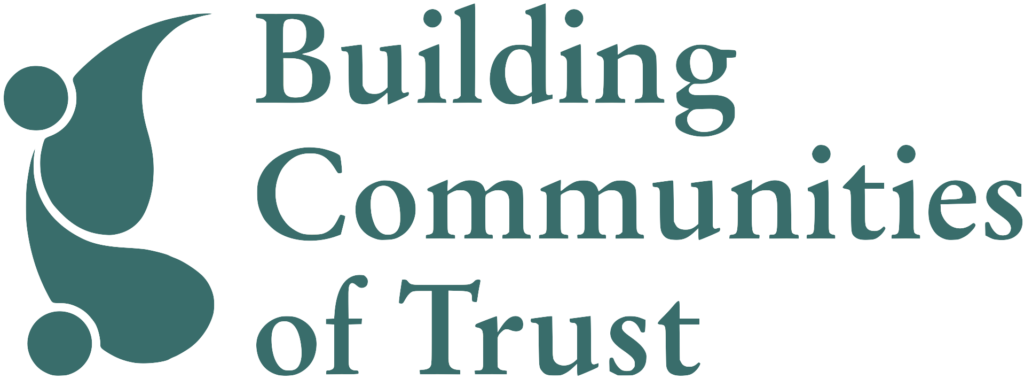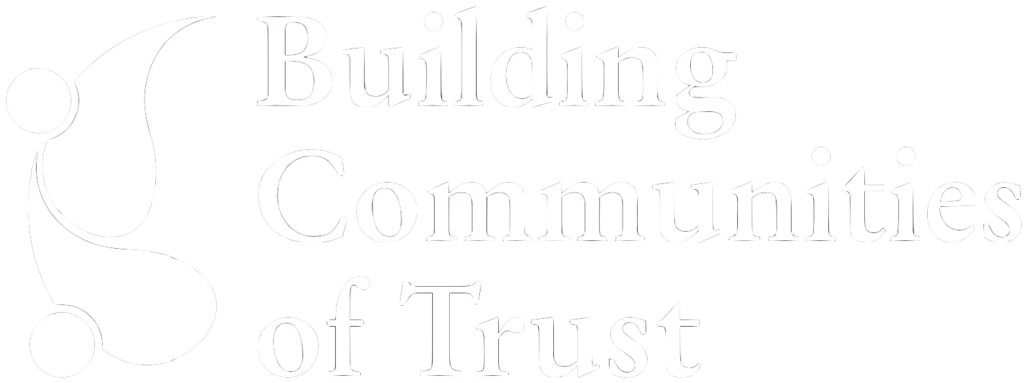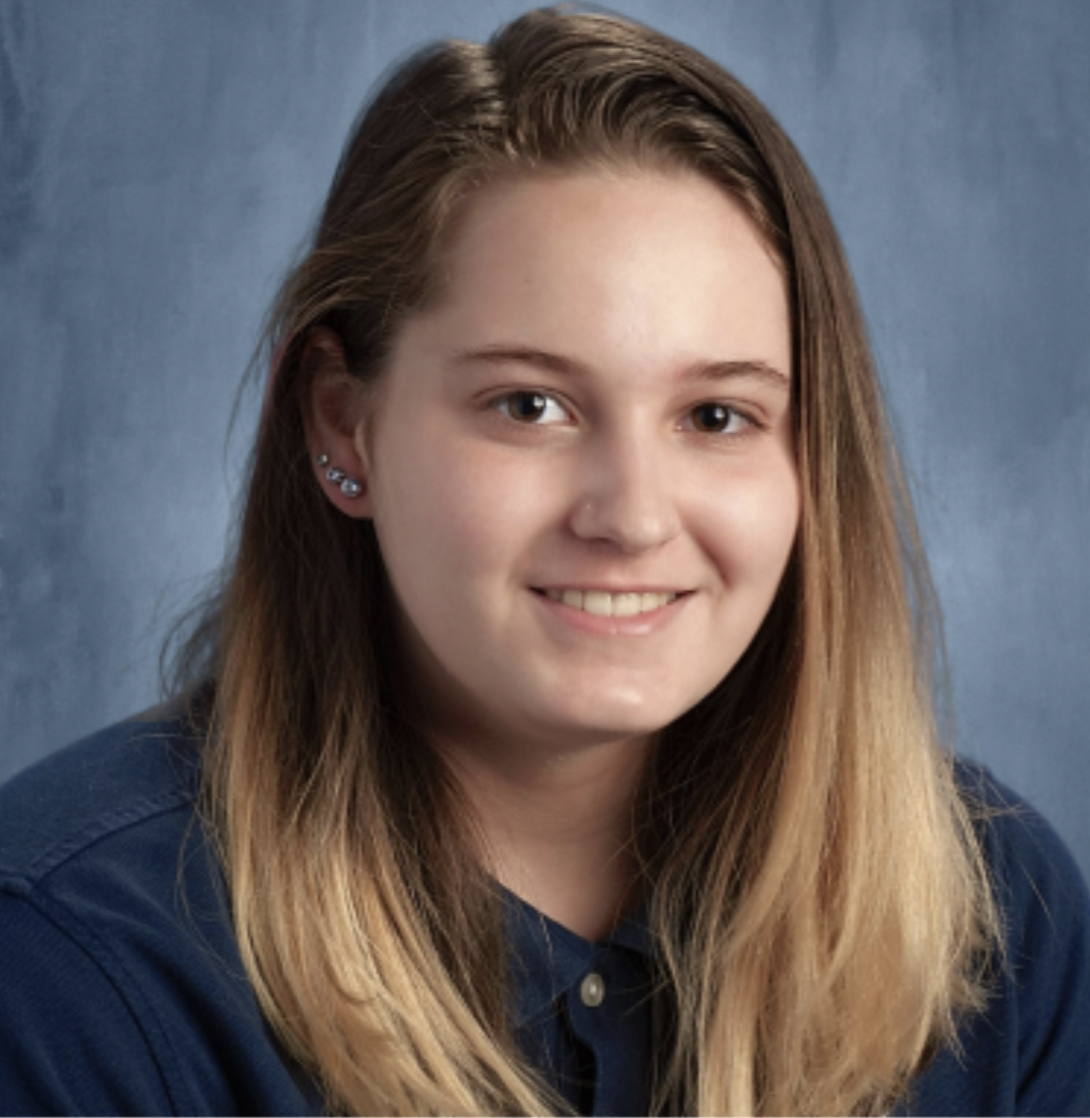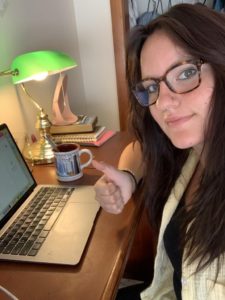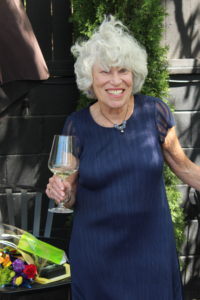The path to becoming a youth leader isn’t clear cut. It doesn’t always follow the direction you think it should. You will fail, you will hit roadblocks, you will feel out of your depth at times, I did. But that’s how I learned, how to evolve as a leader, how to make some real change in the world. This is a lesson which took me months to learn through my experiences at my high school and as an intern for the nonprofit Artistic Circles and for Dr. Ann Feldman.
My first, real, experience with youth leadership was a Dragon Boat Festival at my school. The event, while celebrating the festival, highlighted harmful Asian stereotypes. I was a part of the committee that planned the event. My subsequent experience was this summer, when I got to help plan and research for a Building Communities of Trust documentary. The documentary would’ve highlighted youth-grassroots organizations and communities.
My first, major, lesson was learning how hard planning a project is. I only had experience planning a small event, where we didn’t have to worry about budgets or IRS guidelines or finding funding. I never quite grasped before, that there are so many different aspects that go into being a leader and so many different people. Dr. Feldman taught me: leadership is not a solo act, it’s a group effort; it takes a community. Reflecting, I saw how this applied to the Dragon Boat festival school event. Originally, the event was supposed to be bigger, but got canceled last minute, causing us to re-adapt. The only reason we were able to was because we had each other.
With Artistic Circles, I saw when a community of trust collapses. Unfortunately, the planned documentary fell through. One of the major organizations backed out, and when the youth leader involved with them tried to re-adapt, their community didn’t support them and they weren’t able to find another solution. Not only do you need a community, but you need a community who will support you whenever, even when you fail (yes when, because inevitably it will happen). You need a community who you trust, who you know, without a doubt, will have your back.
Additionally, the documentary falling through helped me to understand and cope with letting go, especially of something you’re passionate about. Sometimes there is no re-adapting, no fixing it. But, I learned from it. I learned things for the next project. Just because a project failed doesn’t necessarily mean any of us have failed as leaders.
This notion about failing at a project or an idea but not failing as a leader, was a lesson I learned from a dream proposal I created. After the documentary, Dr. Feldman asked me to create my dream social justice project. My dream project was a newsletter about diversity at my school that would be presented to the administration at school. The newsletter would be a collection of drawings, writings, poems and other art mediums created by students that would highlight how students are more just a race, or a sex, or a sexuality. I had the plan, I had a community of trust, however, outside factors affected what I could do, which caused me to shut down the project. While it was disappointing, the upside was that I learned how to make a project proposal. learned how to do a risk reward analysis, which is a list of all the rewards that could come from the project, and a list of all the risks. I also learned how to dictate roles and lay out boundaries for my community. And I learned strategies to protect myself and my project, like getting release forms from the student artists whose work might’ve been featured in the newsletter.
To end, bringing me back to my original point: youth leadership isn’t a straight road, it’s going to have turns. And that’s a good thing, because it is about what you learn along the journey.
